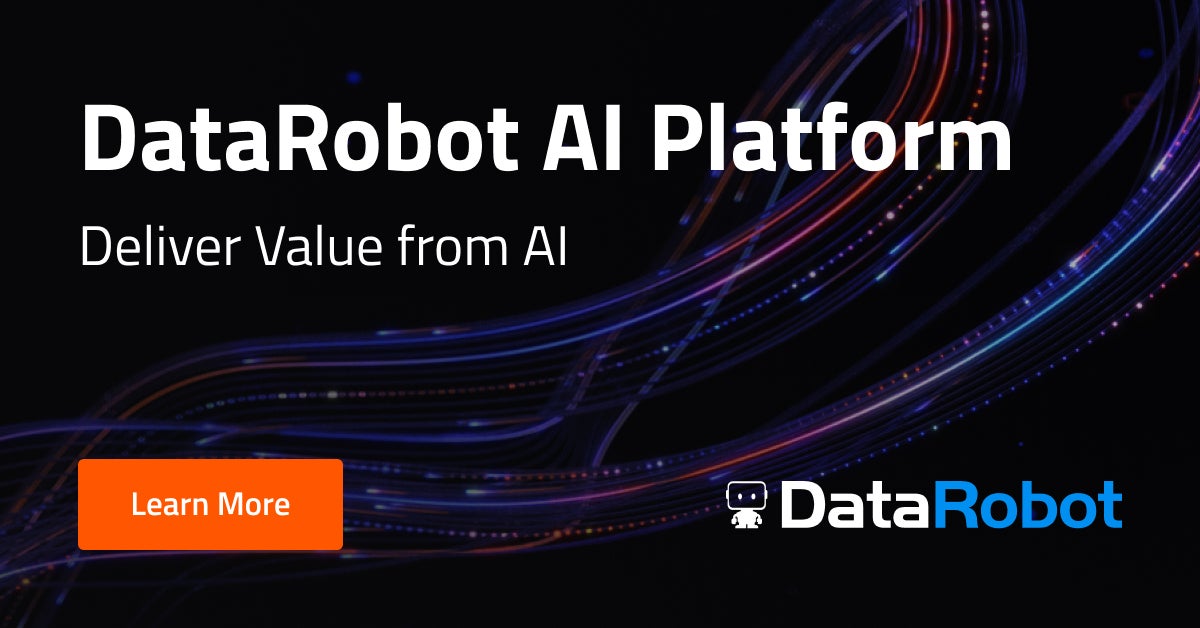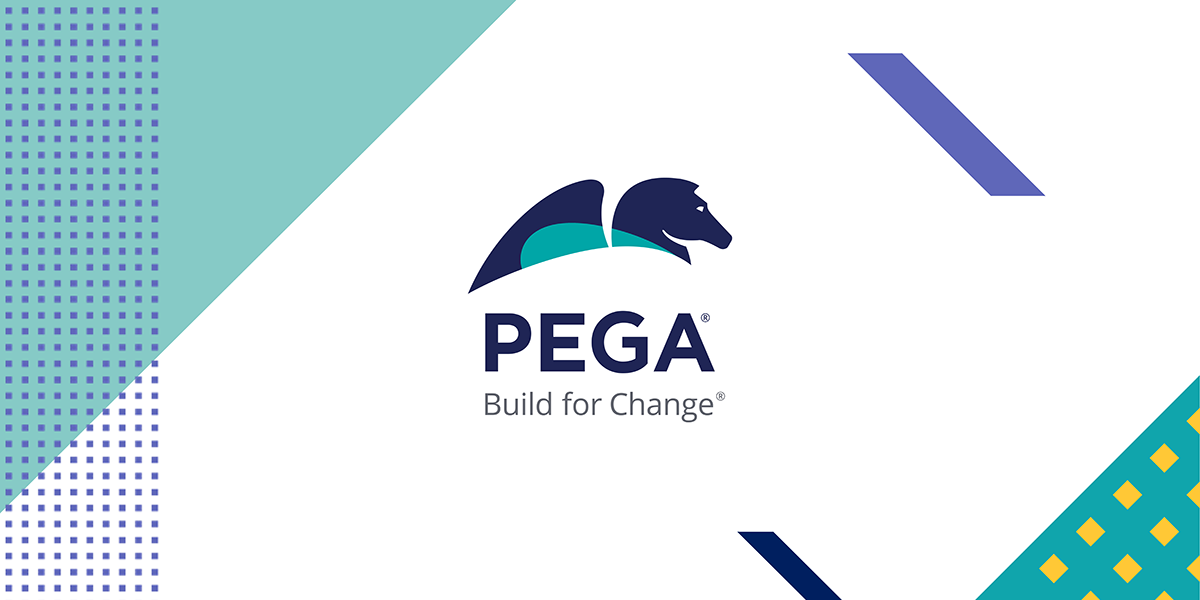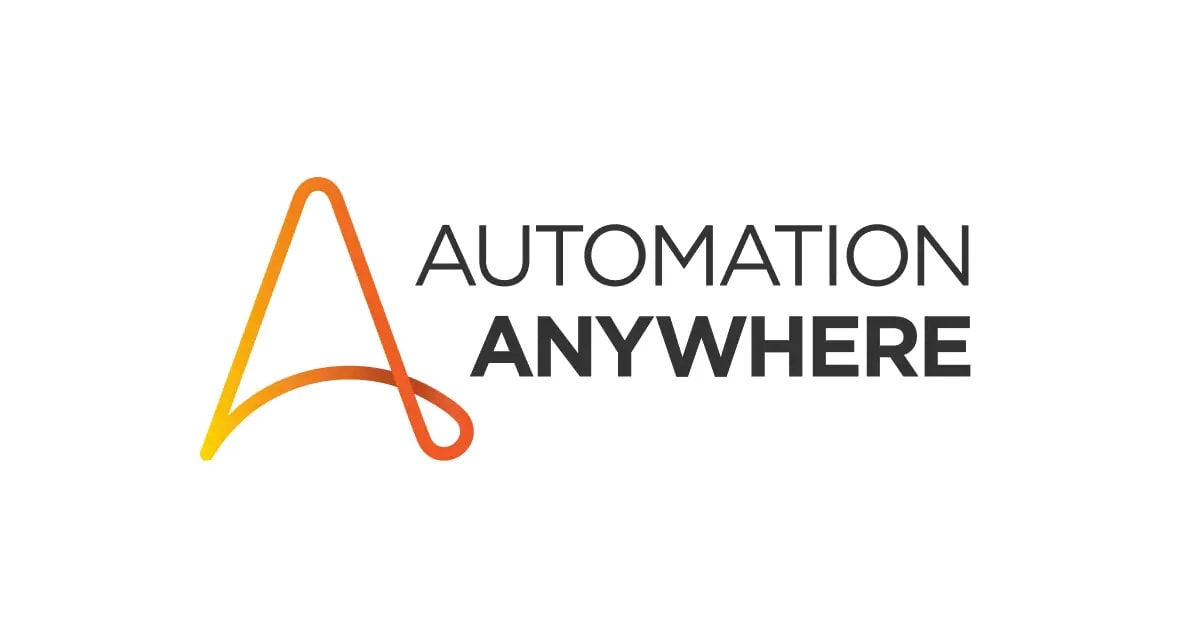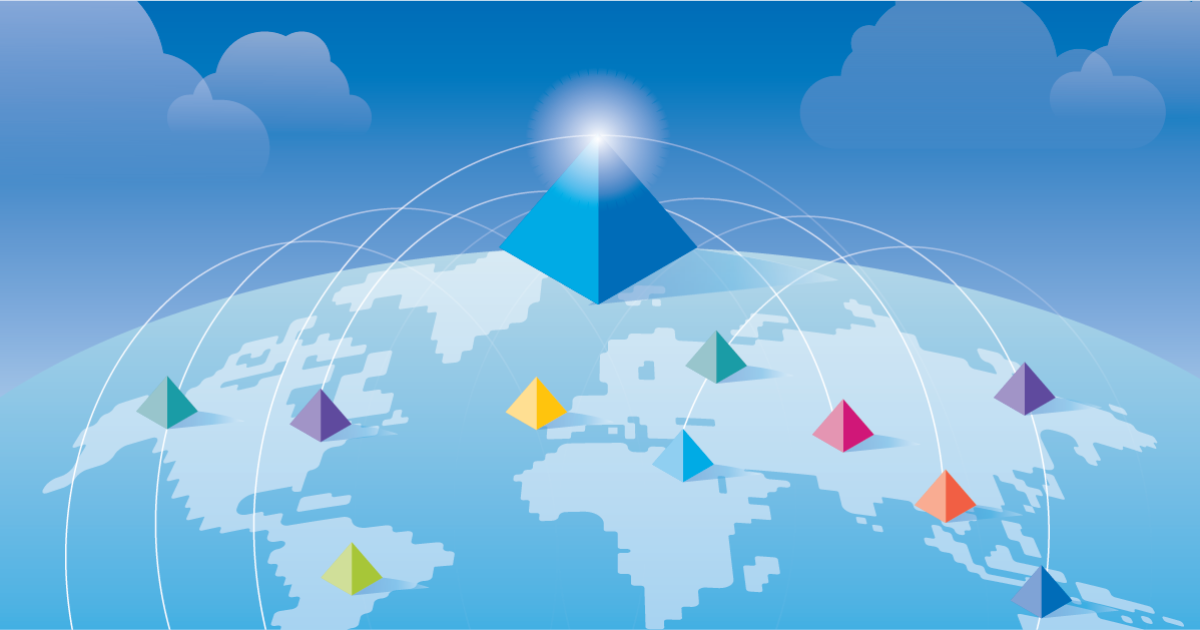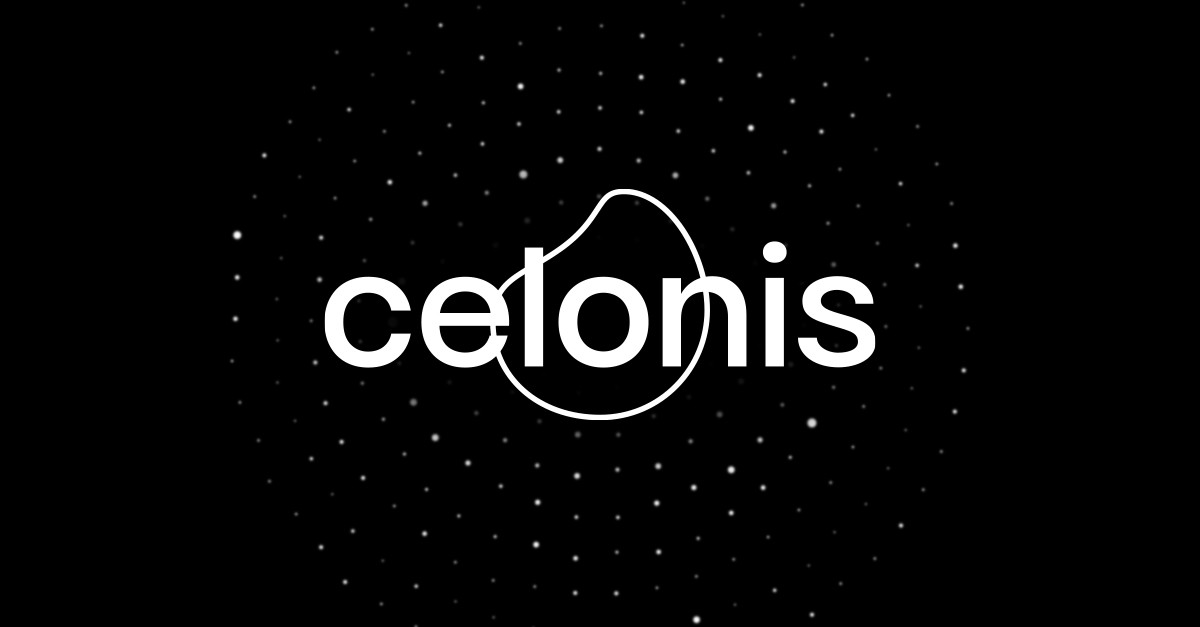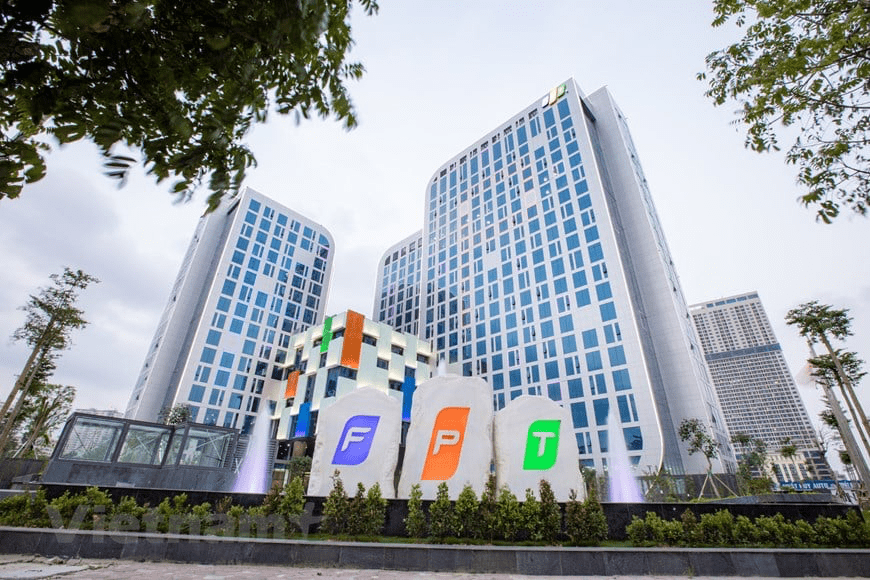Introduction
Robotic process automation (RPA) has transformed how businesses digitally augment routine tasks and lift mundane work off employees’ plates. By deploying software robots or ‘bots’ to repeatably perform high-volume activities, enterprises have gained unprecedented control over their operations while freeing up human capital for more strategic work. As RPA continues to mature, tools are getting smarter with AI and offering broader administrative oversight. In this guide, we assess the leading RPA platforms to help you pick the best fit for your organization.
Methods of Evaluation
To rank the top RPA software, we evaluated each vendor based on criteria like feature set, scalability, security, ease of use, pricing, and customer satisfaction. We also factored in their market presence indicators like number of customers, partners, user reviews and ratings, industry recognition, and online metrics like backlinks, traffic, and keyword trends. This holistic approach helps provide a well-rounded view of how established and effective each platform is for driving automation success.
1. IBM Robotic Process Automation
IBM Robotic Process Automation is IBM’s flagship robotic process automation (RPA) software. As one of the leaders in the RPA space, IBM brings the power of automation backed by over 100 years of technological innovation and expertise. Their software combines RPA with artificial intelligence (AI) technologies like IBM Watson to help companies digitally transform some of their most repetitive, manual tasks.
Pros: Some key advantages of IBM RPA include:
– Integrates with Watson AI and IBM Cloud for advanced cognitive automation
– Established footprint in regulated industries like banking and healthcare
– Large partner network and knowledge base to assist with implementation and support
Cons: A potential disadvantage is that IBM RPA carries a higher price point compared to some competitors due to its advanced capabilities and IBM’s reputation for enterprise-grade solutions.
Pricing: IBM RPA pricing is customized based on the number of attended and unattended robots, required capabilities, and support/maintenance plans. It typically starts at several thousand dollars per robot annually.
Some key stats about IBM RPA include:
– Over 7,500 clients globally across all major industries
– Integrated with IBM’s hybrid cloud platform for enhanced scalability and security
– Processes over 1 billion tasks monthly for its customers
2. SAP
SAP Intelligent Robotic Process Automation is SAP’s robotic process automation (RPA) software solution. As a leader in enterprise applications, SAP brings decades of experience delivering mission-critical software to power global operations. SAP Intelligent RPA allows organizations to automate repetitive tasks and workflows within their SAP environments and cloud landscapes.
Pros: Key advantages of SAP Intelligent RPA include:
– Deep integration and standardization within SAP environments for seamless automation
– Proven track record of success automating complex SAP and cloud workflows
– Continuous training and updates from SAP to ensure robots stay up-to-date
Cons: A potential disadvantage is the cost may be higher compared to some standalone RPA vendors since SAP Intelligent RPA is aimed specifically at automating within large SAP landscapes.
Pricing: SAP Intelligent RPA pricing is based on the number of robot licenses and workflows required. It is available both on-premise and in the cloud. Contact SAP sales for an exact quote tailored to your organization’s needs and environment.
Some key stats about SAP Intelligent RPA include:
– Over 15,000 customers globally across all industries
– Automates over 500,000 workflows annually
– 99.9% workflow execution success rate
– Integrates with all major SAP solutions including S/4HANA, C/4HANA, SuccessFactors, and more
3. UiPath
UiPath is a leading robotic process automation (RPA) software provider. Founded in 2005 and headquartered in New York City, UiPath’s mission is to use AI and automation to help humans find better jobs by freeing them from repetitive tasks. With over $250 million in funding, UiPath helps customers in over 65 countries automate repetitive, rule-based processes to increase efficiency and free up employees for more meaningful work.
Pros: Some of the key advantages of UiPath include:
– It is considered the most innovative vendor with advanced AI capabilities like computer vision and natural language processing
– Has enterprise-grade scalability and security to support large automation deployments
– Offers a wide range of pre-built activities and integrations allowing for quick implementation of both simple and complex processes
Cons: One potential disadvantage is that UiPath’s developer tools and interface can be complex for non-technical users to learn. It may take time to become fully proficient developing workflows and automations.
Pricing: UiPath offers flexible pricing models depending on needs and volume. Basic pricing starts at $35 per user per month. For larger deployments, UiPath provides quotes for annual subscriptions with discounted rates. Customers can also opt for enterprise licenses with unlimited users starting at $150,000 annually.
Some key stats about UiPath include:
– Over 6,500 customers worldwide including top enterprises like NASA, General Motors, and Swiss Re
– Processes over 1 billion tasks monthly
– Valued at $10.2 billion after its latest funding round
– Supports integration with over 250 pre-built applications
4. DataRobot
DataRobot is a leader in automated machine learning (autoML) and offers a full-featured AI platform. Founded in 2012, DataRobot aims to make AI accessible to all data professionals through an intuitive user interface and automated workflows. The company’s software allows users to prepare data, select the best algorithms, train accurate predictive models using automated machine learning, and deploy models into production for predictive analytics or robotic process automation (RPA).
Pros: Some key advantages of the DataRobot AI platform include:
– Leader in autoML for predictive tasks which reduces time to deploy accurate models
– Integrates well with RPA platforms like UiPath and Automation Anywhere for automated decisioning
– Robust governance and monitoring capabilities for managing all AI assets in a compliant manner
Cons: A potential disadvantage is that DataRobot’s platform is best suited for medium to large enterprises due to its pricing. Some smaller companies or teams may find alternative open source or cheaper options more affordable.
Pricing: DataRobot offers several pricing tiers depending on capabilities and team size. Typical pricing starts at around $5,000/month for small teams and jumps to $15,000/month or more for enterprise packages. Pricing is either per-user or based on annual contracts. There is also an on-premise deployment option.
Some key stats about DataRobot include:
– Used by more than 30,000 data scientists at 500+ enterprise customers
– Processes over 100 petabytes of data annually
– Supports over 50 machine learning algorithms out of the box
– AutoML identify the top 3 predictive models in 3 hours on average
5. Pegasystems
Pega is a leading robotic process automation (RPA) software provider headquartered in Cambridge, Massachusetts. Founded in 1983, Pega offers a low-code platform for building high-powered applications through visual workflows and decision trees. With over 750 employees worldwide, Pega’s clients include leading organizations across various industries like banking, insurance, healthcare and telecommunications.
Pros: Some key advantages of Pega’s RPA platform include:
– Specializes in complex enterprise workflows with deep case management capabilities
– Robust API platform that allows the platform to be easily customized and integrated
– Strong presence and experience in sectors like financial services that deal with complicated compliance needs
Cons: Potential disadvantages could include:
– Relatively high licensing costs compared to some open-source RPA alternatives
– Steeper learning curve for low-code development compared to point-and-click tools
Pricing: Pega’s pricing is based on the number of robots (virtual agents) deployed. Basic starter packs start from $15,000 and enterprise licenses can run into hundreds of thousands based on requirements.
Some key stats about Pega include:
– Over 1,500 clients in over 70 countries globally
– Supported over 35,000 users on its Pega Infinity platform
– Processes over 300 billion transactions annually for its customers
– Named a leader in Gartner’s Magic Quadrant for robotic process automation software for three consecutive years
6. Automation Anywhere
Automation Anywhere is a leader in robotic process automation (RPA) software. Founded in 2003, the company provides an intelligent automation platform that is deployable on-premises or in the cloud. With over 3,000 customers worldwide, Automation Anywhere aims to help organizations automate end-to-end business processes with software bots.
Pros: Key advantages of Automation Anywhere’s platform include its intuitive graphical interface that allows non-technical users to quickly build automation bots, its high adoption rates showing effectiveness across various industries, and strong data analytics and reporting features to track automation performance.
Cons: A potential disadvantage is that the platform may have a slightly higher learning curve compared to some other RPA tools as it is more full-featured. It also has tiered pricing which could make it costlier for smaller deployments.
Pricing: Automation Anywhere offers flexible pricing plans including perpetual and subscription licensing. Pricing is based on the number of robotic processes and users. It has starter, professional and enterprise editions to suit organizations of all sizes.
Some key stats about Automation Anywhere include over 2 million bots deployed worldwide, supporting over 100 languages, and integration with over 150 systems and applications. They have one of the highest adoption rates across industries like banking, insurance, healthcare and more.
7. Appian
Appian provides a leading low-code automation platform that allows organizations to quickly develop and deploy automated processes and workflows. Founded in 1999, Appian helps customers across industries unleash digital innovation, drive business efficiency, and connect customers, employees, and systems.
Pros: Some key advantages of Appian’s robotic process automation software include: – Leading low-code automation platform that enables rapid process development and automation without extensive coding. – Robust process mapping and management features allow understanding existing processes and designing new automated workflows. – Strong in case management and complex workflows with the ability to automate multi-step processes involving loops, conditions, and exceptions.
Cons: As with all tools, there are some potential disadvantages to consider with Appian’s RPA software. The initial setup and deployment can require more time and resources compared to basic RPA tools. Appian also lacks some advanced RPA capabilities like unattended automation and desktop automation which may be useful for certain automated tasks.
Pricing: Appian offers pricing options ranging from free trials to annual subscription licenses based on the number of user seats. Plans start at around $150 per user per month for full functionality and access to Appian’s low-code RPA and process automation platform.
Some key stats about Appian’s robotic process automation capabilities include: – Over 900 pre-built connectors to leading systems and applications. – Deployed in over 1,000 organizations globally across various industries. – Helps automate complex workflows and multi-step processes up to 85% faster than traditional approaches.
8. Nintex
Nintex is the global standard for process management and automation. As the market leader, Nintex helps organizations turn manual processes into digital ones by allowing users to visually map out workflows and automate repetitive tasks.
Pros: Some key advantages of Nintex include: its strong workflow mapping and monitoring capabilities, being a leader in the process management space, and having a robust community for users and resources. Nintex allows processes to be easily modeled visually without code and automates routine tasks to improve productivity.
Cons: As with any large enterprise software, the implementation and ongoing maintenance of Nintex does require some investment of time and resources from an organization. The learning curve to fully leverage all of Nintex’s capabilities can also be lengthy for new users.
Pricing: Nintex offers flexible pricing models depending on the needs and size of an organization. On-premise licenses are available for larger enterprises or those with specific compliance requirements. For most organizations, a cloud subscription through the Nintex Online app store provides all the core process automation capabilities on a monthly or annual billing basis.
Some key stats about Nintex include: it has over 10,000 customers worldwide, processes over 1 billion transactions annually, and has a community of over 1 million members. Nintex also has 300+ pre-built connectors to link processes across departments and applications.
9. HelpSystems
HelpSystems is a software company providing IT systems management solutions, including robotic process automation (RPA) software. Their flagship RPA product, UiPath, allows users to automate repetitive tasks by recording users’ actions and interactions with applications and replicating them at scale with software “robots”.
Pros: Some key advantages of HelpSystems UiPath include:
– Intuitive graphical interface makes RPA development easy for both technical and non-technical users
– Cloud or on-premise deployment options provide flexibility
– Large community and marketplace of add-ons and extensions to expand capabilities
– Advanced analytics and monitoring of robotic workflows
Cons: A potential disadvantage is that like all RPA software, UiPath still requires some level of technical proficiency to develop and maintain automated workflows compared to other types of automation.
Pricing: HelpSystems UiPath offers 4 different pricing plans – Free, Professional ($35/user/month), Business ($65/user/month) and Enterprise (custom prices). Additional credits are required to process tasks over the free plan’s limit.
Some key stats about HelpSystems UiPath include:
– Used by over 5,000 organizations globally across industries like banking, healthcare, manufacturing
– Processes over 1 billion tasks monthly for customers
– Over 25,000 customers including big brands like Cisco, General Motors, and Honda
10. Blue Prism
Blue Prism is a leading intelligent automation platform in the RPA space. Founded in 2001, it has helped organizations automate processes across back office, middle office and front office functions. Blue Prism focuses on complex enterprise automation initiatives that require advanced cognitive capabilities beyond traditional RPA.
Pros: Key advantages of Blue Prism include: – Cloud-native offering called Blue Prism Cloud with SaaS delivery model. – Strong cognitive automation abilities with integrated AI/ML models. – Focus on complex enterprise workflows cutting across departments. – Robust security and governance features for highly regulated domains.
Cons: One potential disadvantage is the higher upfront license costs compared to some other RPA tools as Blue Prism focuses on larger enterprise deals.
Pricing: Blue Prism offers flexible pricing models – perpetual licenses, usage-based pricing and SaaS/ subscription models. For large-scale deployments, licenses are usually priced based on the number of digital workers/users required.
Some key stats about Blue Prism include: – Processes over 2 billion transactions annually for its customers. – Rated a leader in the latest Magic Quadrant reports by Gartner and Forrester. – Secures highly regulated industries like financial services with advanced security protocols. – Supports over 1,500 customers in 170 countries including large enterprises and governments.
11. Everest
Everest is a leading global research and consulting firm focused on strategic research insights on IT, business process, and engineering services. Their RPA solution has a strong focus on automating complex supply chain and sourcing processes using advanced robotic and artificial intelligence capabilities.
Pros: Key advantages of Everest’s RPA platform include: – Strong focus on sourcing, procurement automation and indirect material sourcing domains – Rich domain expertise across supply chain functions like procurement, logistics from two decades of experience in this space – Ability to automate complex multi-step sourcing processes involving data extraction, validation and orchestrating tasks across different systems
Cons: As with any newer software, interoperability with some legacy systems can be a challenge. Customers may need to invest additional time and resources for integration depending on the complexity of their existing IT infrastructure and processes.
Pricing: Everest offers flexible pricing models – On-premise perpetual licenses starting from $15,000 per bot – Cloud subscriptions starting at $1,500 per bot per month – Consulting and implementation services are sold separately based on requirements
Some key stats about Everest’s RPA platform include: – Over 300 pre-built process automation bots and templates – Deployed in over 50 countries with more than 1500 customers – Handles over 1 billion transactions annually across diverse industry verticals
12. Workato
Workato is a leading robotic process automation (RPA) and intelligent process automation (IPA) platform. Founded in 2012, Workato helps organizations streamline workflows, automate business processes, and connect critical systems without code. With over 7,000 customers worldwide, Workato is simplifying how enterprises integrate systems and automate workflows at scale.
Pros: Some key advantages of using Workato include:
– Allows both technical and non-technical users to build integrations and automations through an intuitive, no-code interface
– Strong API-led approach that simplifies how systems are integrated across diverse platforms and data sources
– Highly scalable platform that can support complex enterprise workflows and automated processes
Cons: A potential disadvantage is that the no-code interface may not support some advanced configuration options that experienced developers may need for complex workflows. However, Workato also has developer APIs for advanced customization if needed.
Pricing: Workato offers various pricing plans starting from a Free Plan up to an Enterprise Plan. Pricing is based on the number of automated workflows and tasks. Contact sales for an exact quote tailored to your organization’s needs and automation requirements.
Some key stats about Workato include:
– Over 7,000 customers globally including major brands like IBM, Red Bull, KPMG, BuzzFeed, and Zillow
– Supports integration with over 400 different platforms and applications including Salesforce, Google Sheets, Microsoft Dynamics, and more
– Received Gartner recognition for being a Leader in the 2022 Gartner Magic Quadrant for Intelligent Business Process Management Suites
13. Celonis
Celonis is a leading provider of execution management and process mining software. Founded in 2011 and headquartered in Munich, Germany, Celonis helps organizations understand and improve the execution of their business processes end-to-end. Through AI-driven process mining, Celonis captures and analyzes event data to reveal inefficiencies, compliance issues and bottlenecks that organizations can address to optimize business performance.
Pros: Key advantages of Celonis’ process mining and execution management software include:
– AI-driven process mining leverages machine learning to provide continuous optimization
– Able to handle highly complex, global processes across diverse functions and systems
– Easy to deploy and use with quick time to value even for large organizations
Cons: One potential disadvantage is that Celonis works best for organizations with significant event data available in systems of record that can be connected for process mining and analysis. For some smaller companies, data requirements may be challenging.
Pricing: Celonis pricing is typically based on the number of users and processes under management. There are generally starter, professional, and enterprise SKUs. For large enterprises, custom quotes are also available based on specific deployment needs and requirements.
Some key stats about Celonis include:
– Used by thousands of organizations worldwide including Siemens, 3M, and Vodafone
– Raised over $1 billion in funding to date
– Recognized as a leader in the Gartner Magic Quadrant for process mining
14. BlackLine
BlackLine is a leading provider of cloud-based financial close automation software. Founded in 2001, BlackLine helps over 3,000 companies streamline and automate complex financial close processes. The platform enables accounting and finance teams to focus less time on manual, repetitive tasks and more time on strategic analysis.
Pros: Key advantages of BlackLine include: – Automates account reconciliations, variance analysis, journal entry approvals and other routine tasks to streamline the financial close process. – Ensures compliance with internal controls and regulatory standards like SOX. – Provides visibility into tasks, timelines and bottlenecks across all close activities.
Cons: One potential disadvantage is that the platform requires some configuration and customization for each customer’s unique needs and processes which takes time and resources to set up initially.
Pricing: BlackLine offers flexible pricing plans tailored for organizations of all sizes. Pricing is typically based on the number of accounts, users, and monthly transaction volumes processed.
Some key stats about BlackLine include: – Serving over 3,000 customers worldwide across numerous industries. – Process over $5 trillion in accounting transactions annually on its platform. – Continuously innovating with over 300 new features and enhancements added each year.
15. FPT Software
FPT Software is a global technology and digital transformation solutions provider headquartered in Vietnam. They have been providing RPA (Robotic Process Automation) solutions and services since 2014. With a strong team of engineers and a focus on key industries like banking and insurance, FPT Software’s software enables automation of repetitive tasks across business processes.
Pros: Key advantages of FPT Software’s RPA platform include:
– Established player in the RPA space with experience since 2014
– Strong engineering team based in Vietnam provides cost-effective development
– Focused on banking and insurance domains so understands key industry processes
– Cross-browser support allows automation of tasks across web and desktop applications
Cons: One potential disadvantage is that as a Vietnamese company, FPT Software may not be as well known in some Western markets compared to larger global RPA vendors.
Pricing: Pricing for FPT Software’s RPA platform depends on the size and needs of the implementation. It is generally available through an annual software license and maintenance model. Contact their sales team for a custom quote.
Some key stats about FPT Software’s RPA platform include:
– Over 500 enterprises using their RPA software globally
– Processes automated for over 100 banking and insurance clients
– Support for over 50 automated processes out of the box
– Development team of over 500 RPA engineers
Conclusion
While every business has different needs, this analysis of the top 15 RPA vendors highlights the most capable and well-adopted options available. Consider trialing some of the top platforms to see how they can streamline your key processes and improve outcomes. Proper due diligence and change management are also crucial to fully leveraging RPA’s benefits. With the right software and approach, robotic automation can significantly boost efficiency and fuel your organization’s digital transformation agenda.






